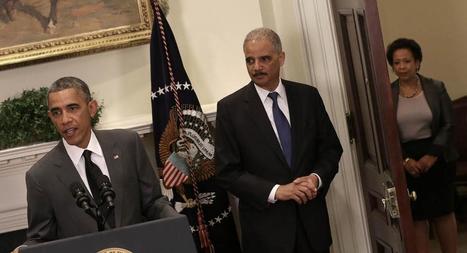My understanding -- NOT a legal opinion -- is that if you inherit the gun as part of an estate, you do not need an FFL to transfer them to an out of state heir. But, if you give or sell a gun to your cousin, or anyone else, who is an out of state resident, you DO need to go through an FFL... Unless you are deceased and bequeathed the gun to that person in your will.KHickam wrote:Okay so let me get this straight - IE I own one of my uncles old rifles (1898 Krag- Jorganson infantry musket) - his grandson (my cousin that is not prohibited from owning a gun) receives it as a gift - I live in TX he lives in WY from me - because me and my cousin are pretty close and I never use or even shoot the gun much (has sentimental value to me but probably alot more to my cousin) I have to go through an FFL to give this gun to him?
Just curious
https://www.atf.gov/resource-center/doc ... f/download
See question/answer #4 on page 4
Under Federal law, an unlicensed individual is prohibited from transferring a firearm to an
individual who does not reside in the State where the transferee resides. Generally, for a person
to lawfully transfer a firearm to an unlicensed person who resides out of State, the firearm must
be shipped to a Federal Firearms Licensee (FFL) within the recipient’s State of residence. He or
she may then receive the firearm from the FFL upon completion of an ATF Form 4473 and a
NICS background check. More information can be obtained on the ATF website at http://www.atf.gov
and http://www.atf.gov/firearms/faq/unlicensed-persons.html. The GCA provides an exception
from this prohibition for temporary loans or rentals of firearms for lawful sporting purposes. For
example, a friend visiting you may borrow a firearm from you to go hunting. Another exception
is provided for transfers of firearms to nonresidents to carry out a lawful bequest or acquisition
by intestate succession. This exception would authorize the transfer of a firearm to a nonresident
who inherits a firearm under a will or by State law upon death of the owner. See 18 U.S.C. §
922(a)(5)(A).
